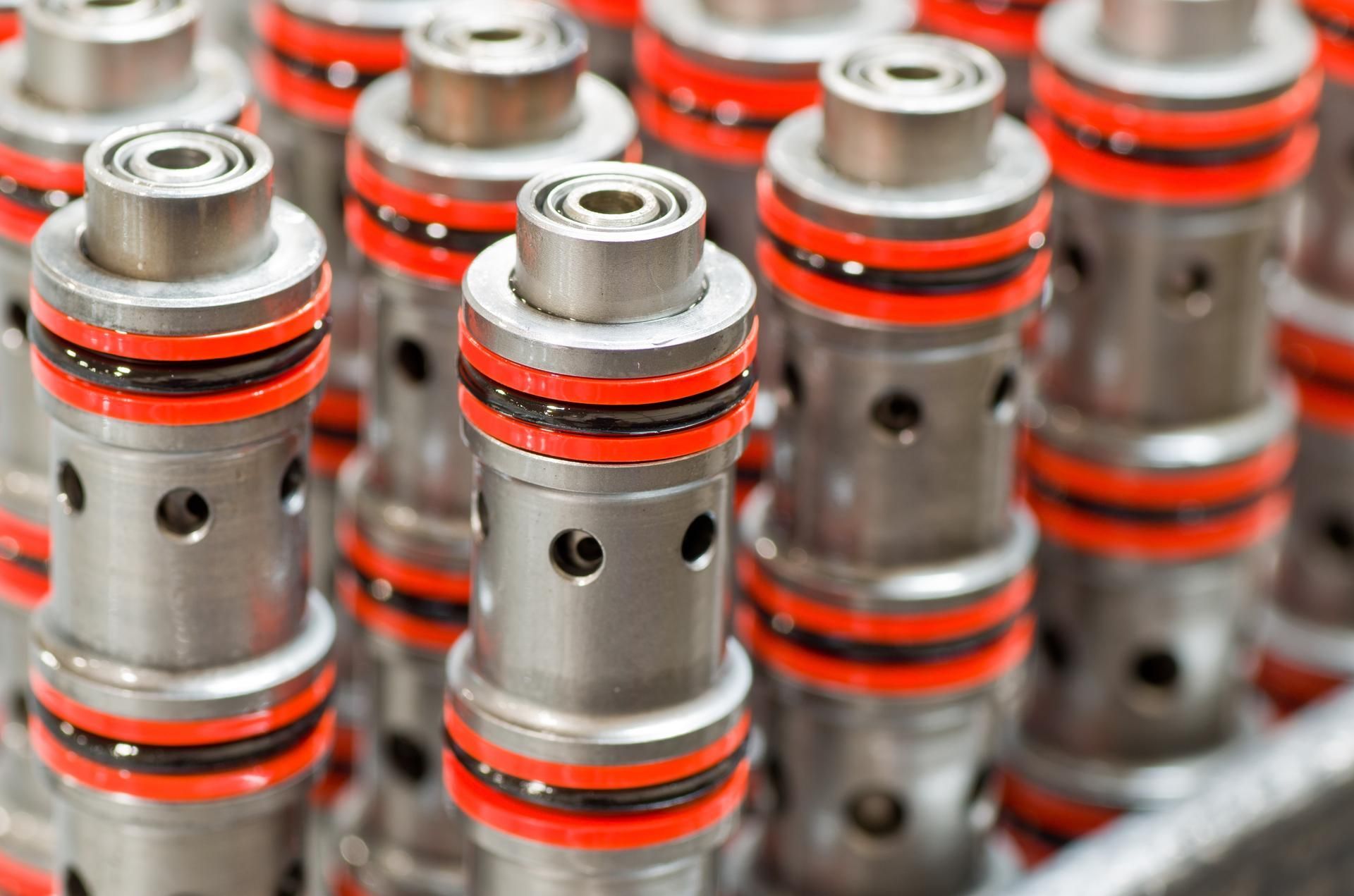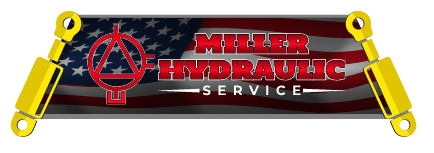Common Reasons For Short Hydraulic Pump Life

Hydraulic pumps are essential components in many industrial and manufacturing processes. They provide essential power to operate machinery and equipment. Outside factors can cause these pumps to sometimes have a shorter lifespan than expected. This leads to downtime, increased maintenance costs, and decreased productivity. Understanding the common reasons for short hydraulic pump life can help businesses take proactive steps to prevent premature pump failure.
Contamination
Contamination is one of the primary causes of hydraulic pump failure. Dirt, debris, water, and other contaminants can enter the hydraulic system through various sources. This could be through inadequate filtration, improper maintenance practices, or environmental factors. Contaminants can damage internal components, increase wear and tear, and lead to pump failure. Regularly checking and replacing filters, maintaining a clean working environment, and using high-quality hydraulic fluids can help reduce the risk of contamination-related issues.
Overheating
Overheating is another common reason for short hydraulic pump life. Excessive heat can cause fluid breakdown, accelerated wear on pump components, reduced lubrication efficiency, and overall decreased performance. Factors contributing to overheating include overworking the pump beyond its capacity, inadequate cooling systems, or prolonged operation at high temperatures. Installing temperature sensors, optimizing system design for heat dissipation, and monitoring operating temperatures can help prevent overheating-related pump failures.
Improper Installation or Maintenance
Improper installation or maintenance practices can significantly impact the lifespan of hydraulic pumps. Errors such as incorrect alignment, improper tightening of connections, insufficient lubrication, or incorrect fluid types can lead to premature wear and pump failure. Following manufacturer guidelines for installation, conducting routine maintenance checks, training staff on proper handling procedures, and implementing a preventive maintenance schedule are crucial steps in ensuring the longevity of hydraulic pumps. Consider working with a professional to ensure proper installation
Cavitation
Cavitation occurs when air bubbles form in the hydraulic fluid due to low-pressure areas within the pump system. These bubbles implode upon reaching higher pressure zones, causing damage to pump surfaces and reducing performance efficiency. Cavitation can result from factors like improper system design, excessive suction lift heights, or worn-out components. Addressing cavitation issues promptly by adjusting system settings, improving fluid flow dynamics, or replacing damaged parts can help prevent further damage to the hydraulic pump.
Vibration and Shock Loads
Excessive vibration or shock loads imposed on hydraulic pumps during operation can lead to major issues. This includes mechanical stress, misalignment issues, fatigue failure of components, and decreased service life. Factors contributing to vibration and shock loads include uneven load distribution, sudden pressure spikes within the system, or improper mounting configurations. Implementing vibration-dampening techniques, ensuring proper alignment of components, and using shock-absorbing materials or devices can help mitigate the effects of vibration and shock loads on hydraulic pumps.
Inadequate Lubrication
Inadequate lubrication is a crucial factor that can significantly shorten the lifespan of hydraulic pumps. Proper lubrication is essential for reducing friction between moving parts, minimizing wear, and maintaining the pump's efficiency and reliability. A lack of lubrication can lead to increased resistance, elevated temperatures, and accelerated deterioration of components. Ensure sufficient and appropriate lubrication that is tailored to the specific requirements of the hydraulic system. Regularly monitoring lubricant levels, using the correct type of oil, and adhering to scheduled maintenance practices can address lubrication-related challenges.
Understanding and addressing the common reasons for short hydraulic pump life is crucial for maintaining efficient operations and avoiding costly downtime. So, it is essential to be mindful of these factors to ensure the operation and longevity of hydraulic pumps in any industry or manufacturing setting. If you need repair to expand the life of your hydraulic pump, contact us at Miller Hydraulic. We can help with all your hydraulic needs.





